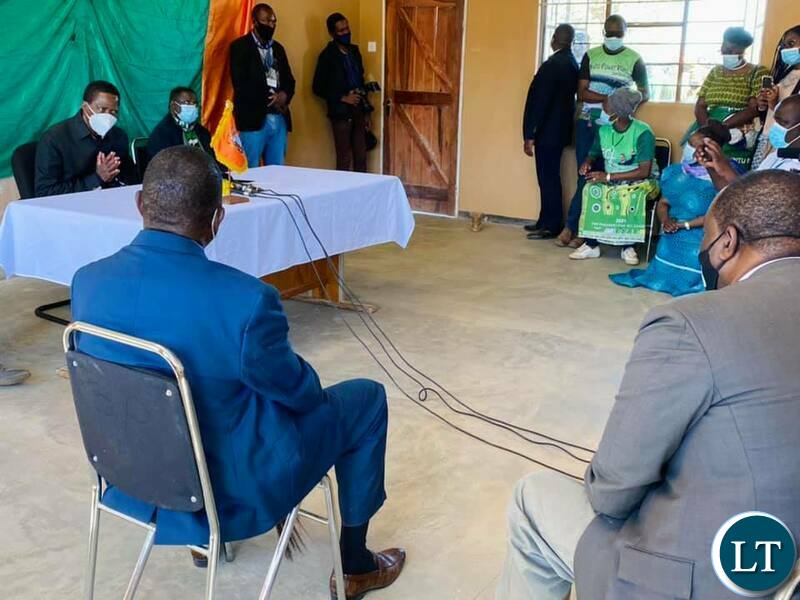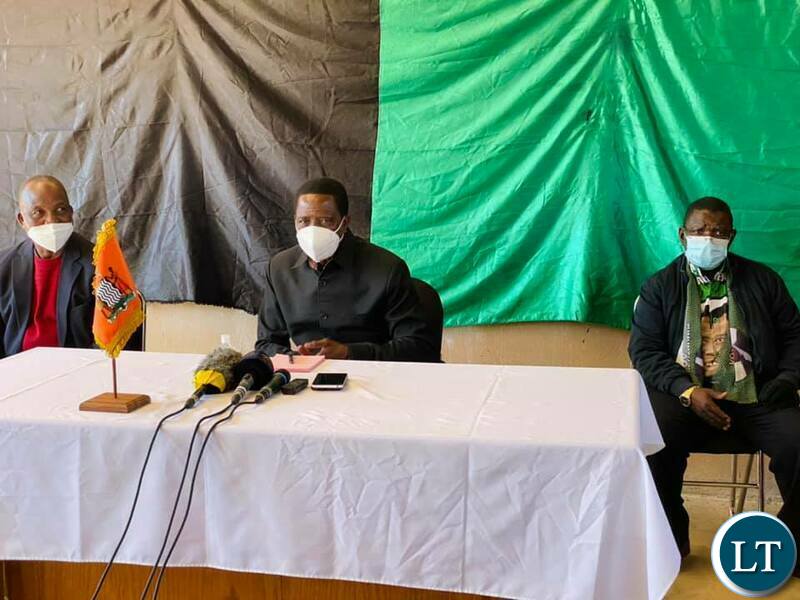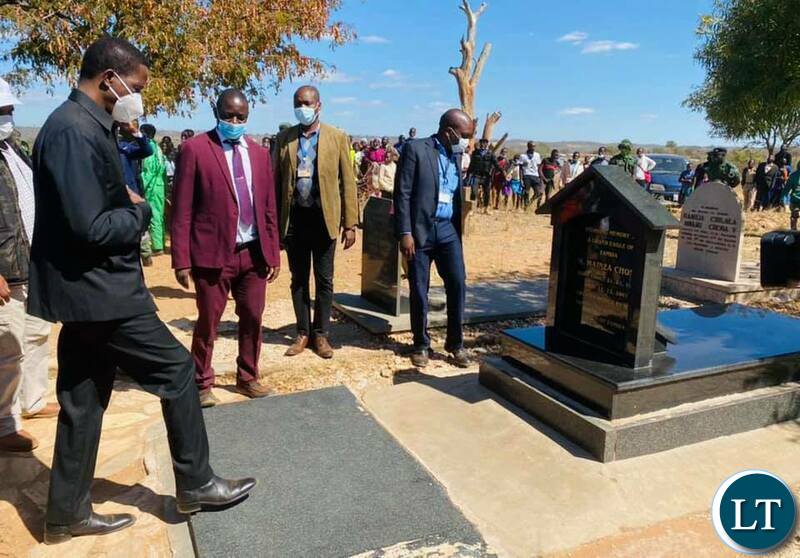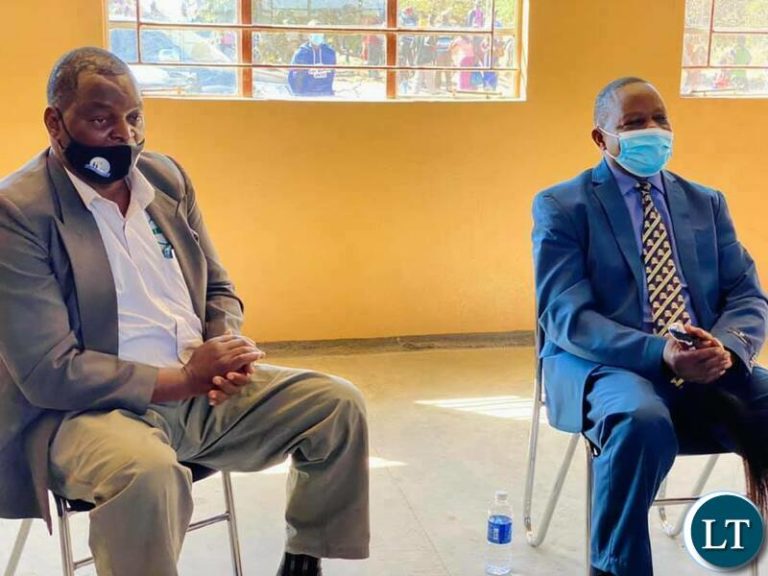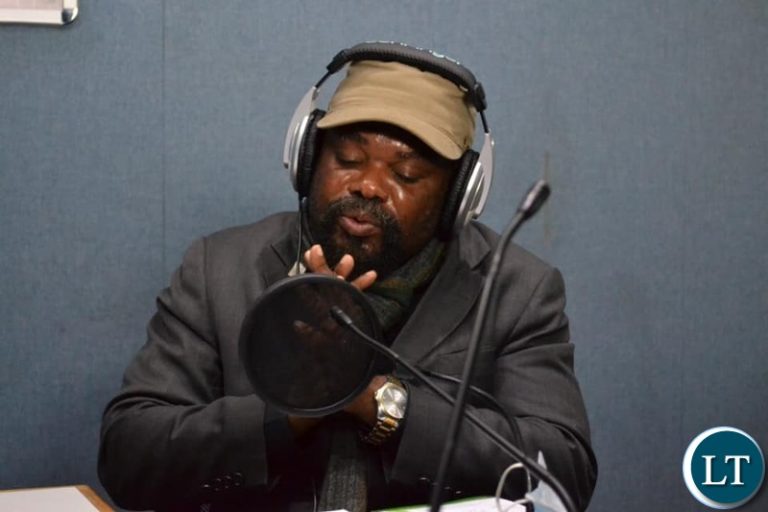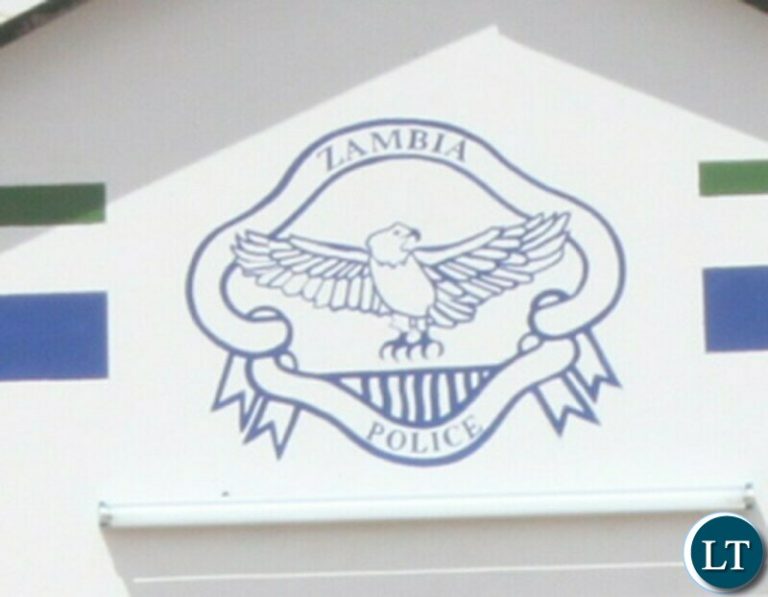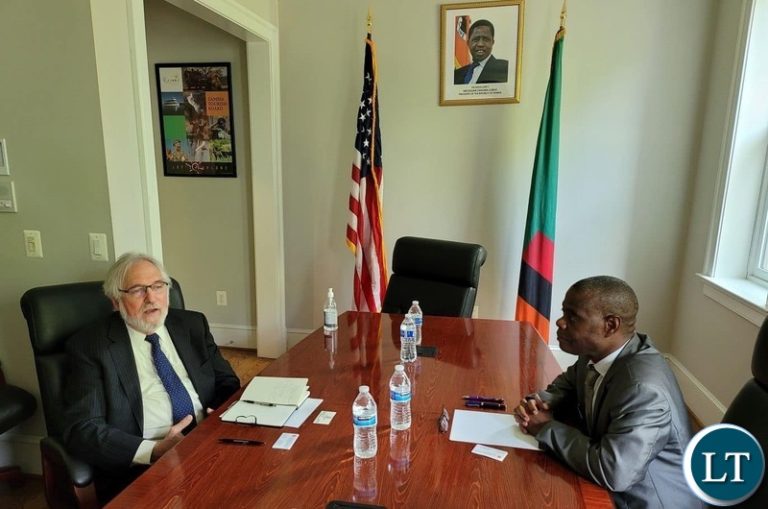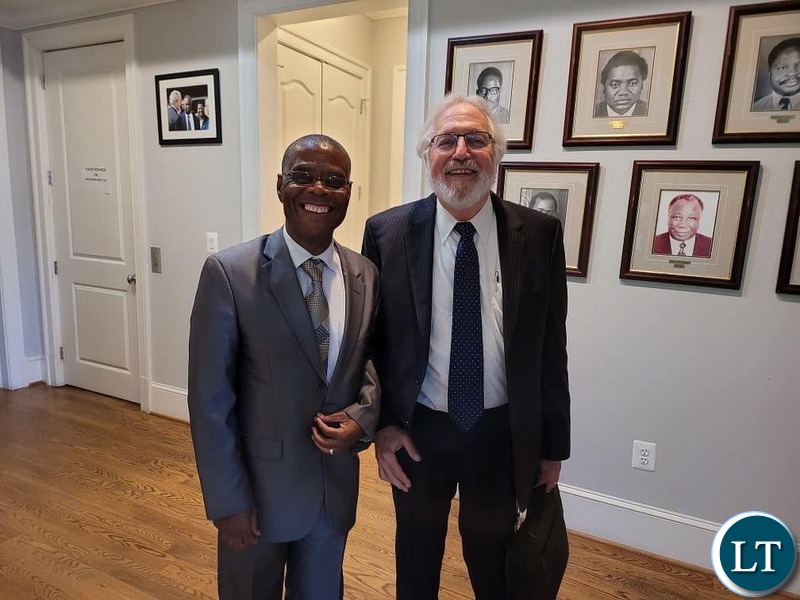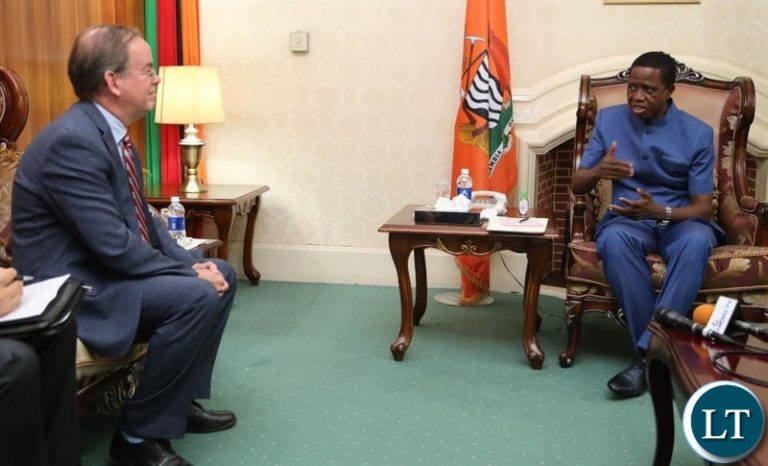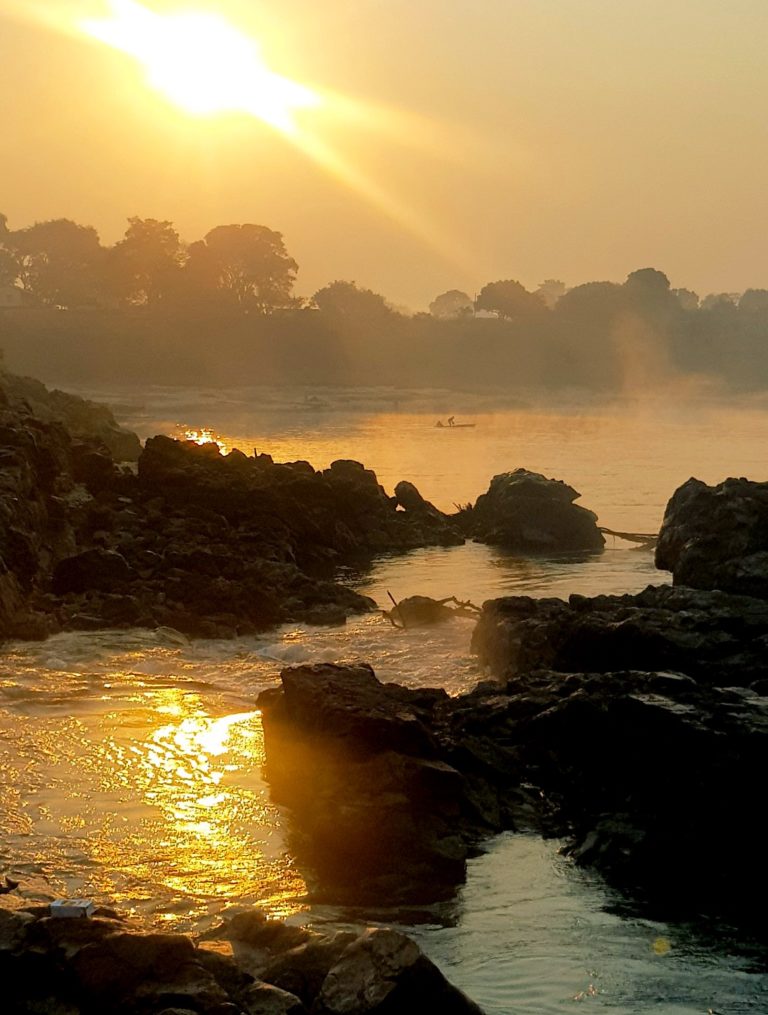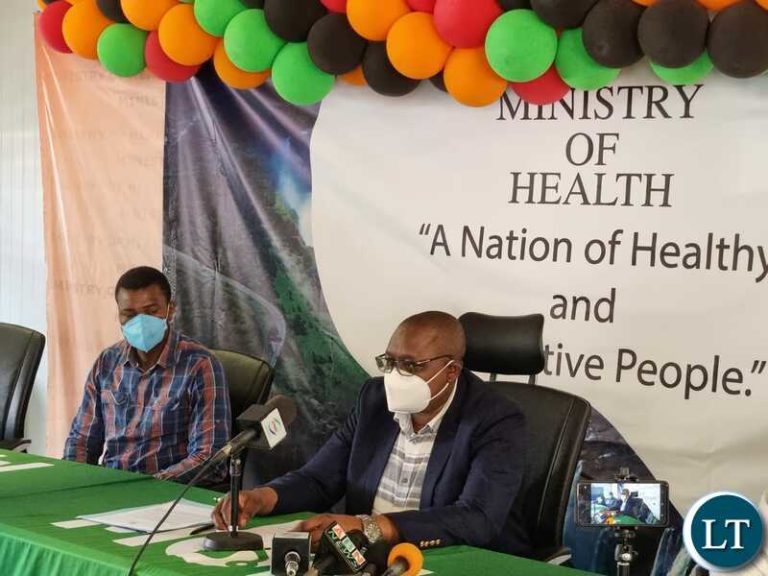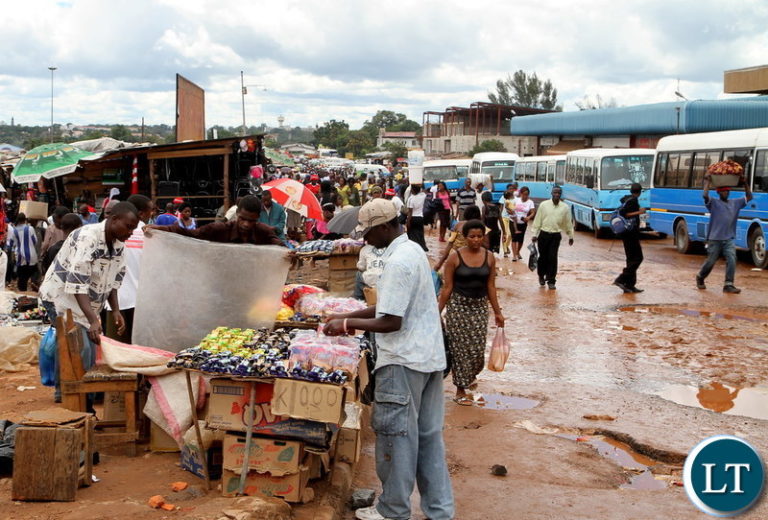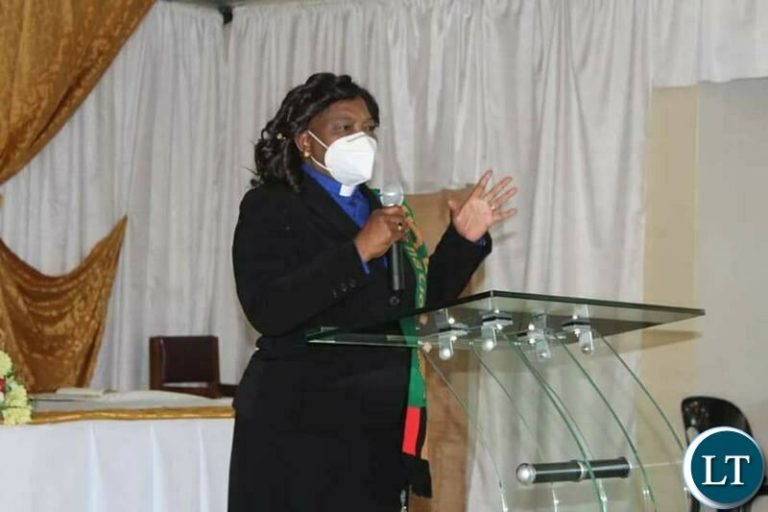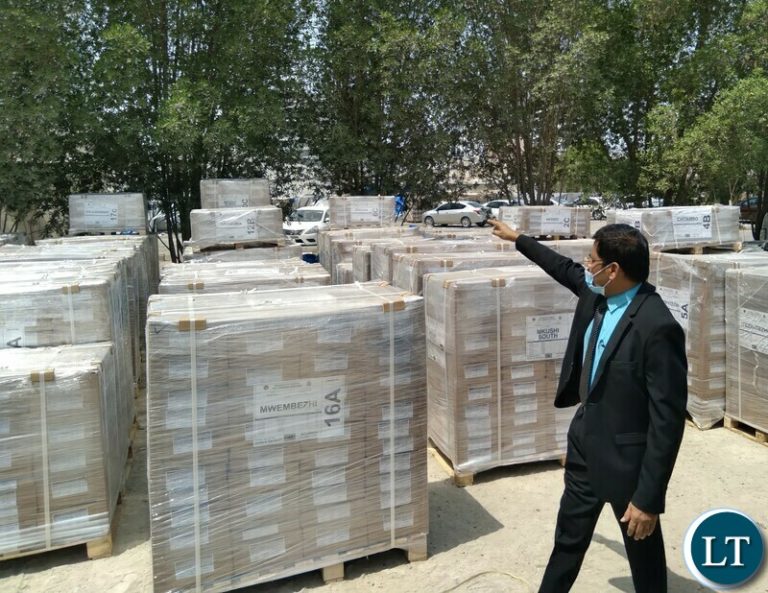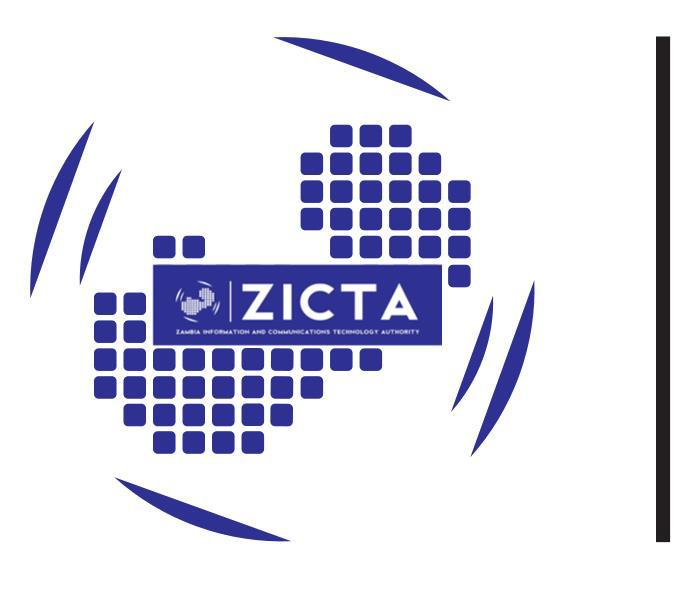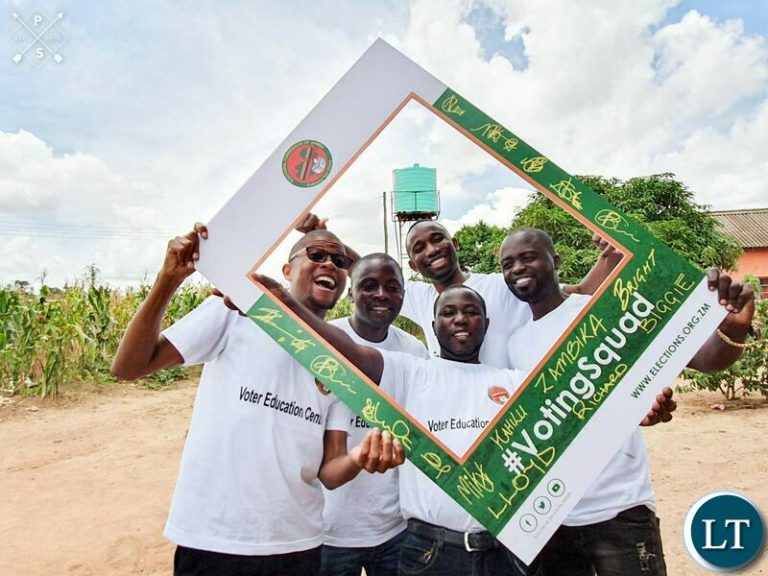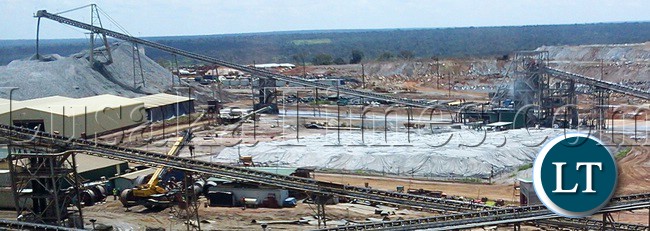By Kalima Nkonde
STORY HIGHLIGHTS
- It is squarely in America’s national interests and strengthens our national security when democracy and human rights are protected and reinforced worldwide.(U.S Secretary of State Anthony Blinken)
- Zambia was one of the fastest eroding democracies in the world. The country registered a remarkably rapid decline in the quality of democracy since the last election in 2016. (“Varieties of Democracy Project”, the most respected assessor of democracies in the world based at the University of Gothenburg, Sweden.).
- The democratic principles we have come to know have been violated left, right and centre so that instead of going forward and consolidating our still fragile democracy, we are retrogressing and not so slowly! Our country is now all, except in designation, a dictatorship and if it is not yet, then we are not far from it. (Former ZCCB President Arch-Bishop Tresphore Mpundu).
- Zambia is “Partly free” with a score of 52/100. The government regularly invokes the law to restrict freedom of expression and ban peaceful demonstrations and meetings, while the opposition faces onerous legal and practical obstacles in their operations. (Freedom House, an international NGO that monitors political and civil liberties – 2021 Report)
- We are disheartened to see the country moving backwards by using the same exclusion political strategies that the colonialists used such as the POA, restriction in the use of the public media, use of violence and arbitrary arrest to scare political opponents and members of the public (Council of Churches in Zambia (CCZ), the Evangelical Fellowship of Zambia (EFZ) and the Zambia Conference of Catholic Bishops (ZCCB).
- A good number of our partners in the private sector have been threatened with closure if they continue supporting our newspaper with advertisements. President Lungu should not think Zambians are foolish. The damage he has caused to the media in Zambia will never be forgotten. He has closed more media houses than any president in the country’s history. (News Diggers Newspaper Editorial )
U.S Secretary of State, Antony Blinken, has recently written ( 16 July 2021) to all embassies in the World including Zambia, to make the promotion of Democracy and Human rights as their number one priority in their work above everything else. This is according to an exclusive report by Politico, the credible U.S news organization based on a confidential cable it was able to obtain. This is a flashing red light for Zambian politicians on both sides of the aisle as the country heads for elections in three weeks and thereafter. They ignore this at their own peril.
“Secretary of State Antony Blinken is telling U.S. diplomats to make the promotion of human rights and democracy a priority, even in countries with abusive governments that happen to be U.S. allies,” The paper reported. “Blinken lists several priorities for U.S. diplomatic activity going forward, including: giving citizens the means to combat surveillance techniques while promoting their access to information; cracking down on corruption; and preventing abuses by security forces overseas, including those that the United States helps arm.”
The World has seen the erosion of democracy and human rights in the past five years as autocratic leaders have been emboldened by the former President Trump’s administration and China. The Biden administration in its bid to fight Chinese influence around the world, which has been getting an edge, has pressed the reset button. The honey moon seems to be coming to an end for regimes around the world who had unfettered dictatorial behaviour and were having a field day abusing their citizens and reversing democratic practices without any consequence.
There are two major differences between the new Biden administration directive to those of previous US administrations. The first distinction is that the Biden administration is going to apply the condemnation and punishment indiscriminately. The new policy will not distinguish between friend and foe, when it comes to calling out governments for human rights problems or anti-democratic activity as was in the past.
“The United States has a track record of being less vocal about human rights abuses when they occur in countries that are considered U.S. allies or partners. Whereas in the past the US would castigate Iran, a foe, for some abuses, while ignoring similar abuses in Saudi Arabia, a friend,” Politico reported. “And while Blinken includes some cautious caveats about how to deal with abusive allies, the message overall is a break from the strategy of former President Donald Trump’s administration, which largely avoided criticizing the rights records of governments, such as Egypt and Saudi Arabia, whose cooperation the U.S. needed on various fronts.”
The second major difference in the cable is that US will openly admit its own human rights challenges but with a caveat that it is not defensive about it but has always tried to improve on them and there is overwhelming evidence. Blinken has clearly told diplomats that it’s fine to admit U.S. flaws when promoting rights.
In promoting human rights and democracy abroad, U.S. diplomats should make “clear that we ask no more of other countries than we ask of ourselves,” Blinken states. “That means we acknowledge our imperfections. We don’t sweep them under the rug. We confront them openly and transparently,” Politico reported. It might be “painful, even ugly,” but Blinken argues that such honesty “helps disarm critics and skeptics who would use our imperfect record at home to undercut our global leadership on these issues.”
The need to admit by the US, is in general targeted at disarming Russia and China, who when attacked for human rights abuses in the past, have hit back and pointed to American struggles on racial and other areas. They have accused the US of hypocrisy and lacking credibility in promoting human rights.
Politico quoted Blinken to have told U S Ambassadors in the cable that: “Standing up for democracy and human rights everywhere is not in tension with America’s national interests nor with our national security. It is squarely in America’s national interests and strengthens our national security when democracy and human rights are protected and reinforced worldwide.”
In terms of the basic modus operandi, Blinken has directed U.S. diplomats to take a number of steps, including engaging regularly with human rights defenders and civil society representatives in the countries where they are posted, especially those “where democracy and/or human rights have been under threat.”
As for the consequences for the offenders, the cable states that the criteria for the selection of the tools to be used, will depend on how effective the punishment will be in changing behaviour. State Department employees have been directed to look at ways to use everything at the US disposal from U.S. military aid to visa bans to shape the behaviour of rights abusers. The following are the expected tools that the US has in its tool box that may be used: visa travel bans, economic sanctions, freezing of aid provided through USAID, influencing the IMF funding for those who want them and reporting human rights abusers to International Criminal Court (ICC) for crimes against humanity.
In the light of the above explicit directive by the Biden administration to its diplomats, many Zambian local analysts and observers are of the view that Zambia is one of the countries in Africa which is on the U.S radar for three main reasons. Firstly, the country has badly backslidden on its democratic credentials and its democracy is seriously under threat. Secondly, there is unprecedented upsurge in corruption in Zambia, and thirdly, the Chinese influence in Zambia is among the highest if not the highest in Africa. It follows that Zambia ticks almost all the boxes for the United States’ objectives in the cable. As part of its competition with China, the US is passing Strategic Competition Act in which Africa does feature as priority area. In addition, the Biden administration is resetting its African policy.
The assertion that democracy in Zambia has deteriorated in past ten years, cannot be disputed by any independently and objective minded person. The evidence is overwhelming. It is beyond question because both local, international and other credible independent organisations have attested to this. The pillars and fundamental values of a democracy are: the rule of law, separation of powers, independent judiciary, and freedom of the press, free and fair elections and the protection of human rights. These ideals are indispensable for a democracy to work. During the ten years (2011-2021), Zambia’s democratic credentials have deteriorated in almost all the above measures according to government critics’ allegations.
The complainants about deterioration in democracy and human rights have been very diverse. They include the general citizenry, Opposition Parties, the Church mother bodies, media owners, western diplomats, academics and Non-government organisations such as Amnesty International, Southern African Human Rights Defenders Network, Chapter One Foundation, Zambia Open Society Initiative for Southern Africa Pan-African Lawyers Union, SADC Lawyers Association Advancing Rights in Southern Africa Programme and Freedom House.
Zambia has had a thriving private press since the introduction of multiparty democracy in 1991.However, there appears to be sufficient evidence that this pillar of democracy is under serious threat and the space for journalists to practice their profession has been shrinking in the last ten years. The PF administration has been the most vicious administration in curtailing press freedom since Zambia returned to democracy.
According to the News diggers paper, many media houses have fallen victim of the government regulators in terms of closure or suspension of licences or threats of revocation of licences. They include the following: The Post, Copperbelt TV, Muvi TV, Itezhi- Radio, Komboni Radio, Jive FM, Ngoma Radio, Mwinilunga Radio, Valley FM, Luangina Radio, Kwenje Radio, Vision Macha, Karima FM, Young Generation, Live FM. Ama FM, Pan African Radio, Comet 10, Lutanda Radio and Prime TV.
The government’s high headedness with media has sent shivers and intimidated journalist from reporting freely, reducing them to heavy self-censorship. There is generally fear by the majority of journalists in the media fraternity.
One of the first institutions to warn about the deterioration in Zambian democracy was the powerful Zambia Conference of Catholic Bishops (ZCCB) in April, 2017. The head of the Catholic Church then, Bishop Tresphore Mpundu was concerned about the deterioration of Zambian democracy.
“The democratic principles we have come to know have been violated left, right and centre so that instead of going forward and consolidating our still fragile democracy, we are retrogressing and not so slowly! The political party in power is in the driving seat of the political game on the political field. We therefore demand from the government of the day to put in place concrete measures to reverse this worrying and dangerous trend. Our country is now all, except in designation, a dictatorship and if it is not yet, then we are not far from it. Our political leaders in the ruling party often issue intimidating statements that frighten people and make us fear for the immediate and future. This must be stopped and reversed henceforth,” the Archbishop wrote.
In March, 2021, which is four years later following Bishop Mpundu’s statement – who had since retired – the Catholics teamed up with their Protestants colleagues to advice the government to take the necessary steps to stop the shrinking democratic space in the country. The leaders of three Church mother bodies namely the Council of Churches in Zambia (CCZ), the Evangelical Fellowship of Zambia (EFZ) and the Zambia Conference of Catholic Bishops (ZCCB) wrote government and their followers.
“The civic and political space that Zambians possess under the constitution is a hard-won product of anti-colonial struggle, and has been key to the progress made since then towards overcoming poverty and exclusion in our country. We are disheartened to see the country moving backwards by using the same exclusion political strategies that the colonialists used such as the POA, restriction in the use of the public media, use of violence and arbitrary arrest to scare political opponents and members of the public. In addition to this, media platform restriction has now extended to social media as government has taken to parliament the Cyber Security and Cyber Crimes Bill of 2021. We are aware that this has passed the third reading and is awaiting the assent of the President,” they complained.
On the International stage, one of the international organisations responsible for monitoring political and civil liberties worldwide, is Freedom House. It carried out a study and classified Zambia in 2021 as “Partly free” with a score of 52/100 (0 being the least free and 100 mostly free). The study concluded the following: “The government regularly invokes the law to restrict freedom of expression and ban peaceful demonstrations and meetings, while opposition faces onerous legal and practical obstacles in their operations”.
The other independent and internationally renowned organisations that analyses the status of democracies around the world is the “Varieties of Democracy Project” which is based at the University of Gothenburg, Sweden. This is believed by many experts around the world as one of the most trusted sources of information on indicators of democratic progress or regression. In its 2020 report, it noted that Zambia was one of the fastest eroding democracies in the world. The country registered a remarkably rapid decline in the quality of democracy since the last election in 2016 according to Nicole Beardsworth of University of Warwick.
We should all agree that we are going in the wrong direction in many ways – democracy and human rights is just one area. The economy is another. It is important for novices and rookies in international affairs, and those who do not read and follow the intricacies of what is happening in the geo-political and economic eco-system to wake up. It would be an act of folly for current and future leadership and their supporters to have a knee jerk reaction and defence to the disclosures of the article. It will be suicidal to dismiss this new aggressive and focused US foreign policy on democracy and human rights as inconsequential .We should not dare the U.S on the basis that Zambia has a good relationship with China and Zambia is a sovereign state. China is of no use in geo-political issues as Zimbabwe found out with Mugabe’s ill fated “going east” strategy. The argument of sovereignty is also hollow when you are so heavily indebted, you are cap in hand begging for IMF bailout and your budget for the health other social services are heavily dependent on donor aid.
As Zambians, we should realize that the United States and the West are still a very powerful block – China is an emerging power, no doubt, but it is not just yet there – that can punish a country and bring down a country’s economy because they still control the international financial system with the dollar being the reserve currency. We just need to press a reset button to revert and go back to our – 2011 democratic governance system which made it possible for the PF to go into power in the first place. We have changed a winning game of democracy and respect for human rights. The Zambian economy since independence has always done well under a democratic dispensation.
The writer is a Chartered Accountant by profession. He is an independent, non-partisan finance and economic commentator/analyst and a Patriot.
